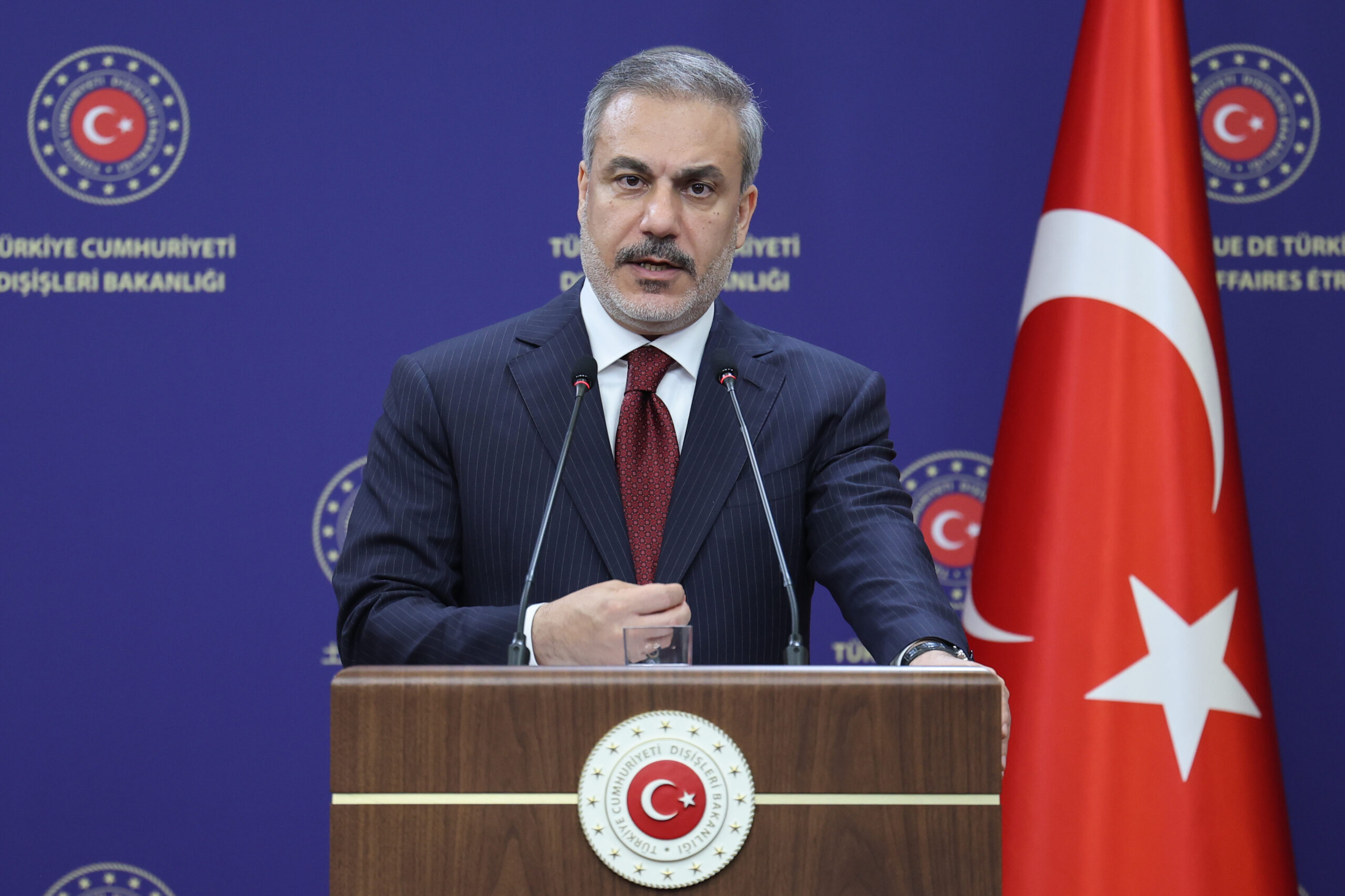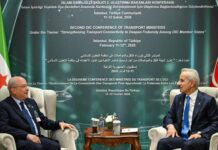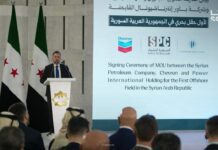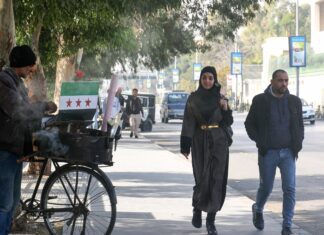
Turkey’s Foreign Minister Hakan Fidan has dismissed recent claims from Assad regime media about a purported agreement brokered by Russia as part of ongoing normalization efforts between Ankara and Damascus. Fidan emphasized there is no clear timetable for high-level meetings between Turkish and Syrian officials, merely a “declaration of will” to negotiate.
Fidan’s remarks, made during an interview with the Turkish newspaper Sabah on August 1, highlight the ongoing complexity and tentative nature of talks aimed at mending ties between Turkey and the Assad regime. He clarified that while preliminary work is underway to determine the agenda and timing of potential meetings, no preconditions, such as the withdrawal of Turkish troops from northern Syria, have been formally presented.
The normalization process, which has been encouraged by Russia since late 2021, saw renewed momentum in June of this year. However, Fidan’s statements came in the wake of reports by Turkish newspapers suggesting imminent high-level meetings, and contradict claims by the Assad regime’s media outlets, known for their psychological warfare and spreading rumors, to destabilize and cause panic in the liberated areas.
The Turkish Presidency’s Anti-Disinformation Center refuted allegations that Russia had delivered a draft agreement outlining the demands of both Turkey and the Assad regime. The Center labeled these claims as “baseless,” stressing the importance of relying on official statements from relevant institutions.
Moreover, the Turkish Ministry of Foreign Affairs denied a report by the Daily Sabah newspaper, which suggested that Turkish President Recep Tayyip Erdogan and Bashar al-Assad would meet in Moscow in August, with Russian President Vladimir Putin mediating the talks. Justice and Development Party (AKP) spokesman Omer Celik reiterated that while intelligence agencies from both countries meet regularly, political-level discussions have yet to take place.
False rumors also circulated suggesting plans for Turkey to hand over control of Aleppo and Idlib to the Assad regime as part of the negotiations. The Turkish Anti-Disinformation Center firmly denied these claims, underscoring the regime’s strategy of disseminating misinformation to create unrest and distrust.
In another instance of misinformation, regime-affiliated media reported that the Russian President’s envoy to Syria, Alexander Lavrentiev, had met with Syrian opposition members in Turkey to discuss resuming Constitutional Committee talks in Baghdad. This claim was firmly denied by a source from the Syrian Negotiating Committee and by the Syrian National Coalition (SNC), which emphasized their commitment to international resolutions and the Syrian people’s demands for justice, freedom, and democracy.
These denials expose the regime’s ongoing efforts to manipulate information and spread disinformation as part of its broader psychological warfare strategy. The Assad regime’s media, including outlets like Al-Watan, have been accused of perpetuating false narratives to create confusion and undermine opposition efforts.
The Constitutional Committee talks, intended to draft a new Syrian constitution, have been stalled since July 2022 due to the regime and Russia’s refusal to convene in Geneva. While the UN Special Envoy to Syria, Geir Pedersen, proposed Nairobi as an alternative location, the regime has pushed for Baghdad, a suggestion rejected by the opposition.
As the normalization process continues under the watchful eyes of Russia, the spread of misinformation remains a significant hurdle. Official Turkish and opposition sources continue to reject unfounded claims, striving to ensure that the narrative remains grounded in verified information and the genuine interests of the Syrian people.








